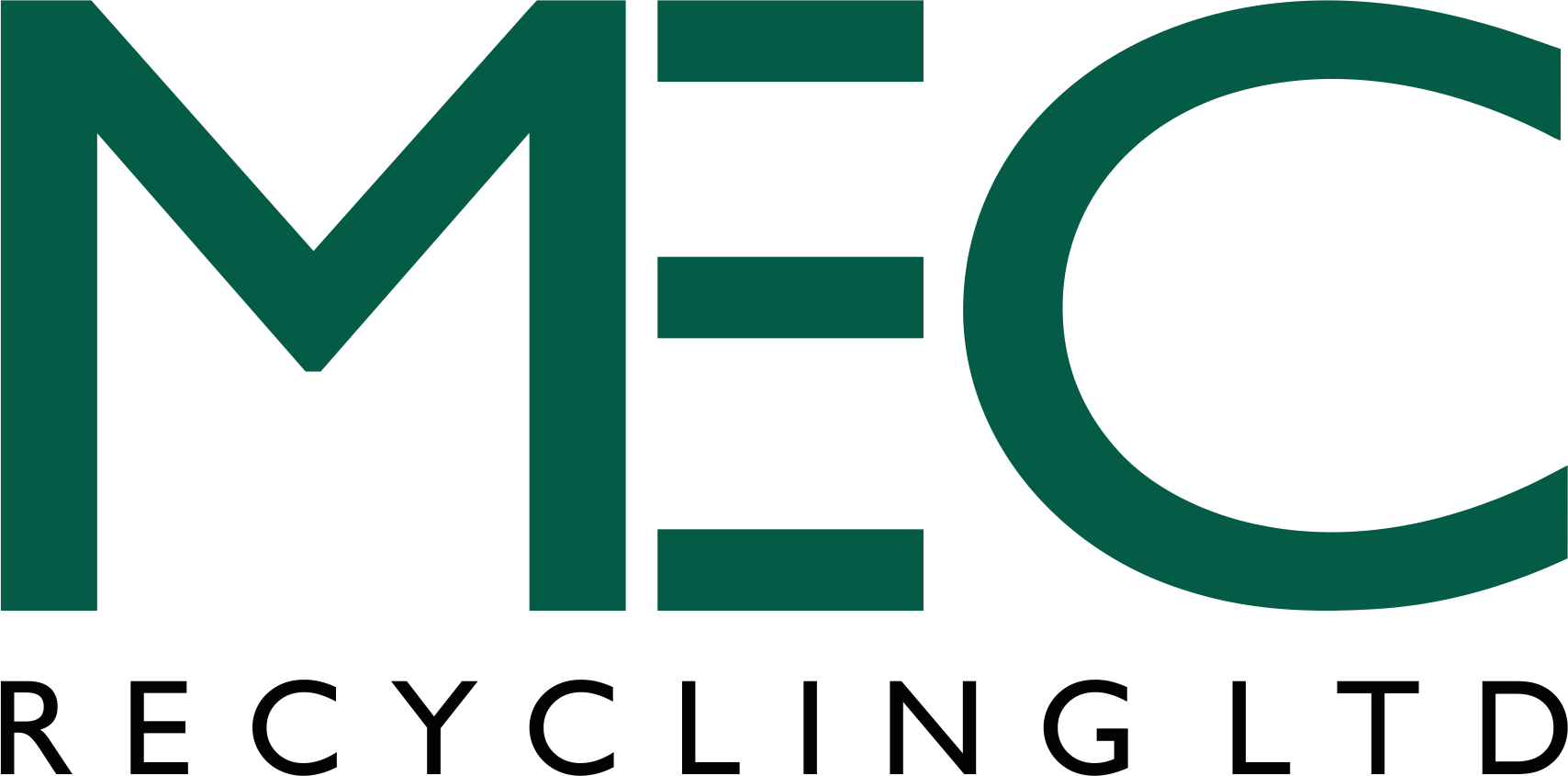The MEC Recycling Process
How do we produce Lincolnshire’s finest compost?
Firstly, the recycled material is delivered direct to site by local authority bin wagons. It is then checked, sorted and picked to ensure its clean prior to processing.
MEC Team
The material is then put through a shredder to mix the material, reduce any lager pieces in size and increase the surface area, all of which is essential for a good composting process. Once shredded and there is enough material for a complete batch, it is formed into what is called a windrows where the compost process can begin. Each batch of compost is given a unique batch code which will stay with it throughout the process.
MEC Team
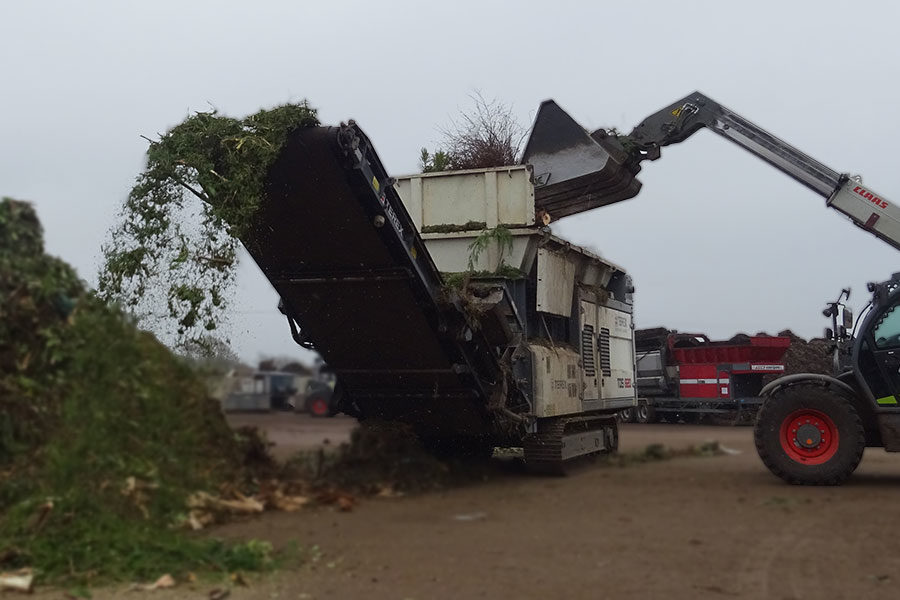 Shredded to reduce size
Shredded to reduce size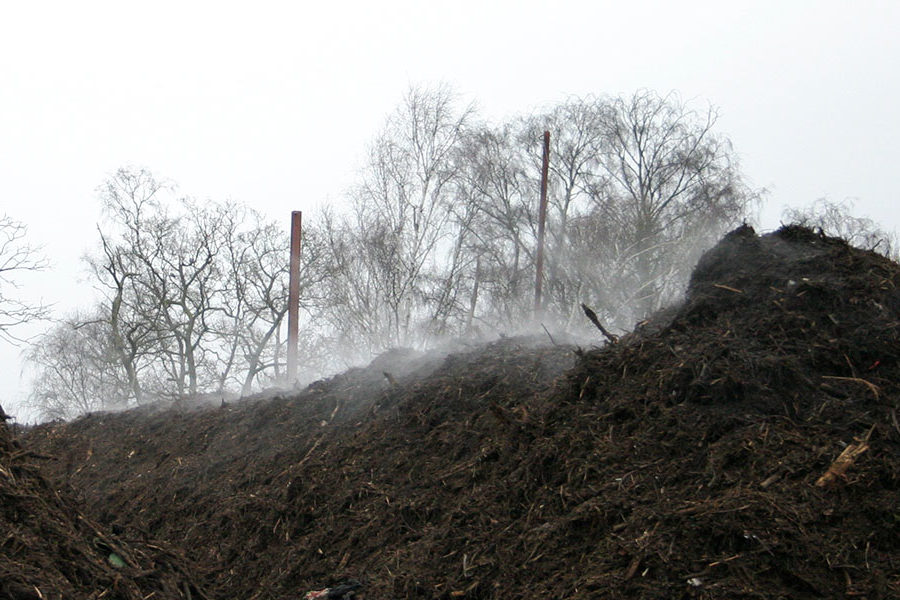 Material is formed into Windrow
Material is formed into Windrow
Continued…….
Once a week the windrows are turned using a specialist windrow turner to make sure all parts of the windrow have spend time in the core zone and reach the desired temperature. Turning also helps introduce oxygen into the windrows which is essential for the micro organisms and maximises the composting process.
MEC Team
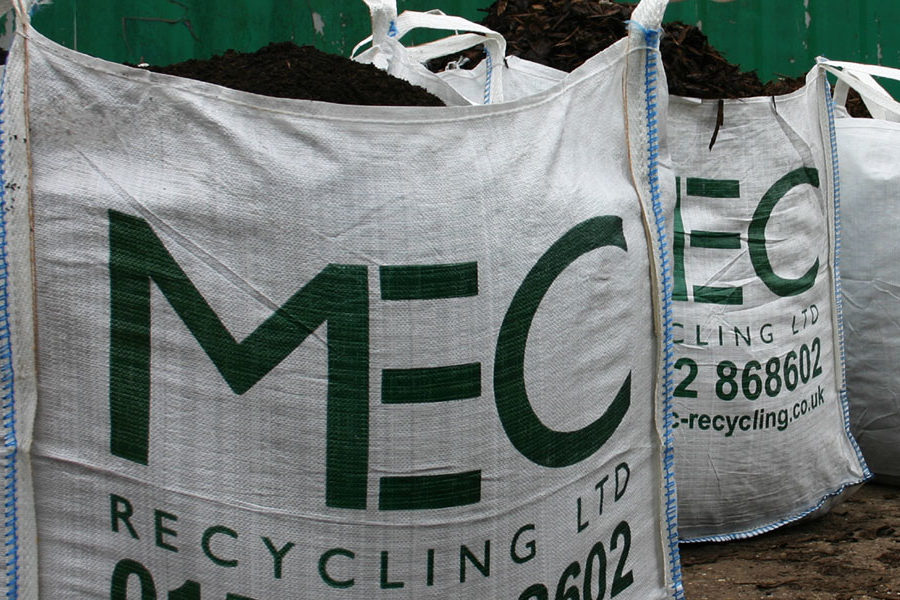 Ready for delivery throughout Lincolnshire
Ready for delivery throughout Lincolnshire
All our compost is PAS100 & Quality Protocol assured. Each batch’s unique code allows it to be traced from start to finish. In addition to this, the compost is routinely sampled and tested by an approved Lab to ensure the highest quality product.
MEC Team
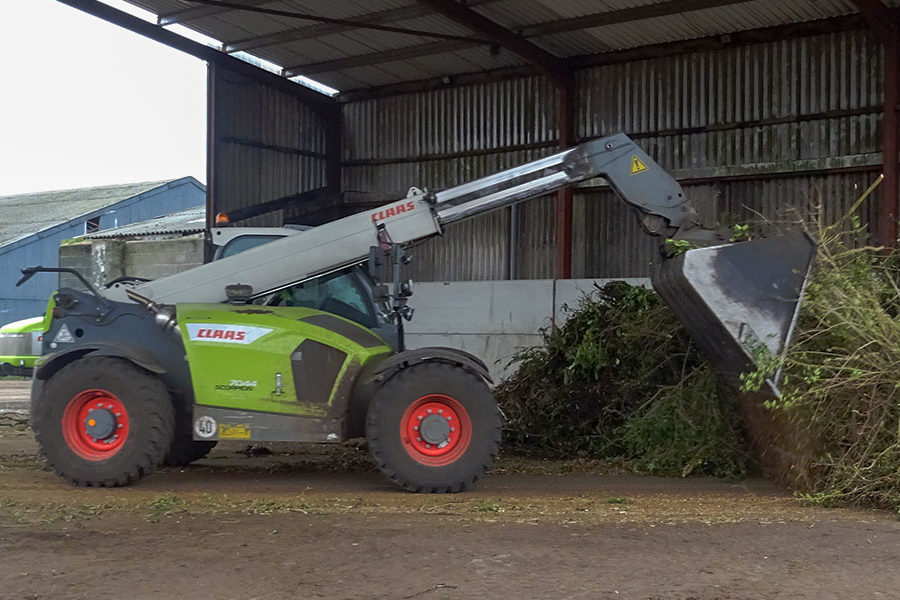 Recycled waste delivered to site
Recycled waste delivered to site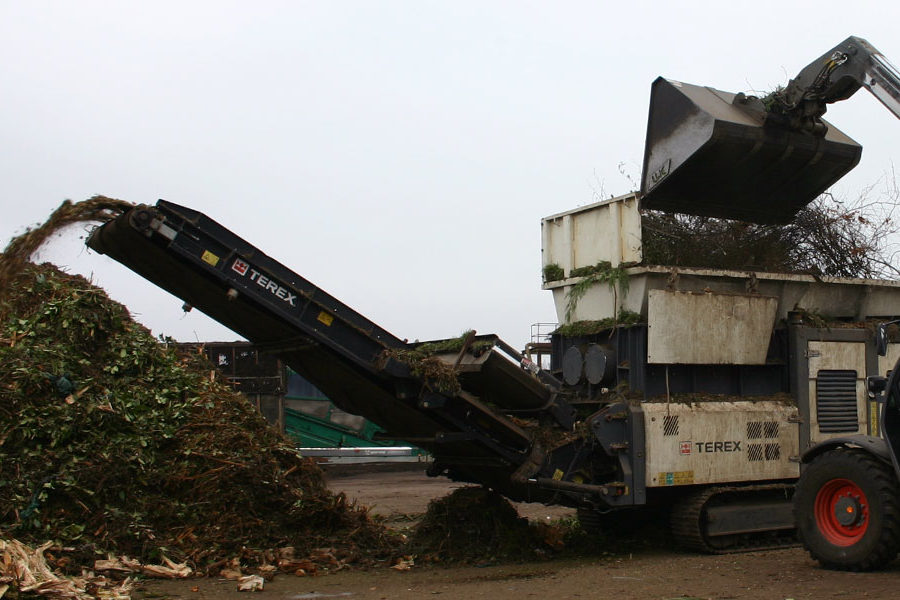 Material is shredded
Material is shredded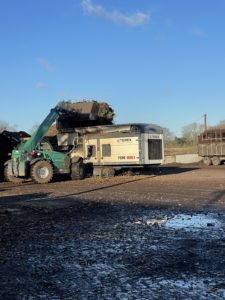
It remains in the windrows for the next 5 weeks in what’s called the actively managed phase, where it is routinely monitored for temperature and moisture. During this period millions of tiny micro organisms break down the material, which is the actual composting process. As a result the core of the windrows reach between 65 and 75 degrees centigrade which ensures the compost is sterilised
MEC Team
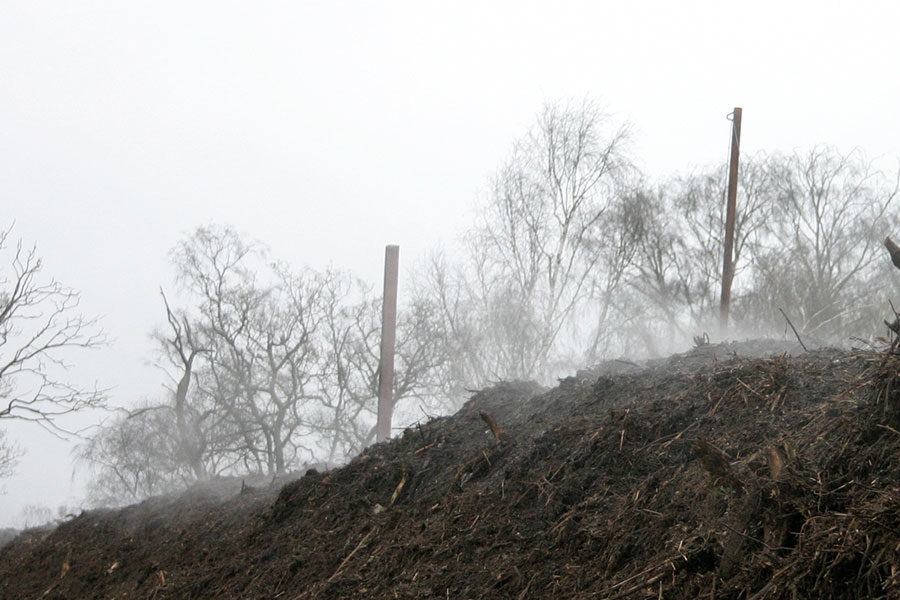 Where it remains for 5 weeks
Where it remains for 5 weeks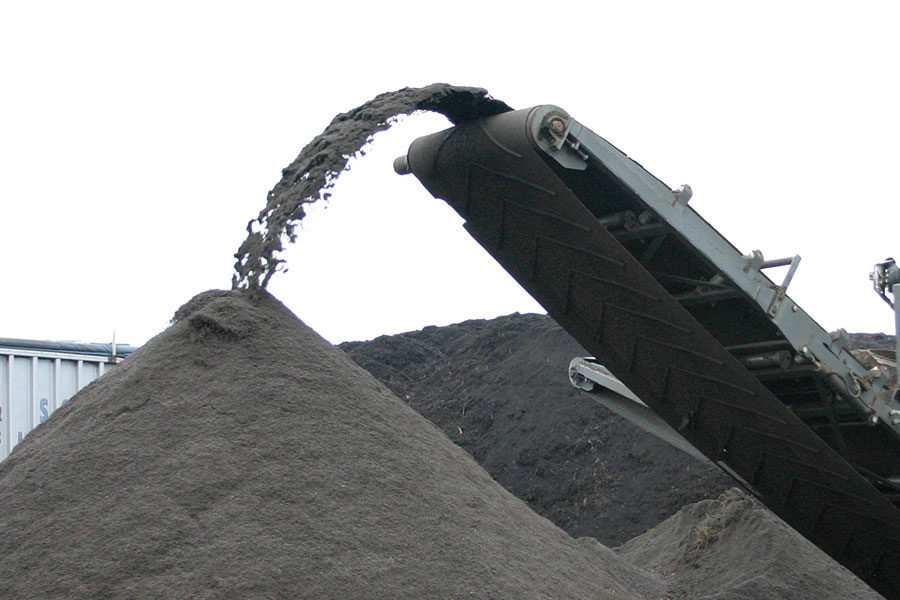 Compost is screened in various sizes
Compost is screened in various sizes
Continued…….
After the 5 weeks, the windrow is moved to a storage area where it matures for a further 3 weeks.
Once the compost has reached 8 weeks and providing it has met all the requirements of PAS100, it is now ready for the final process. This is simply to screen it into various grades ready for sale.
MEC Team
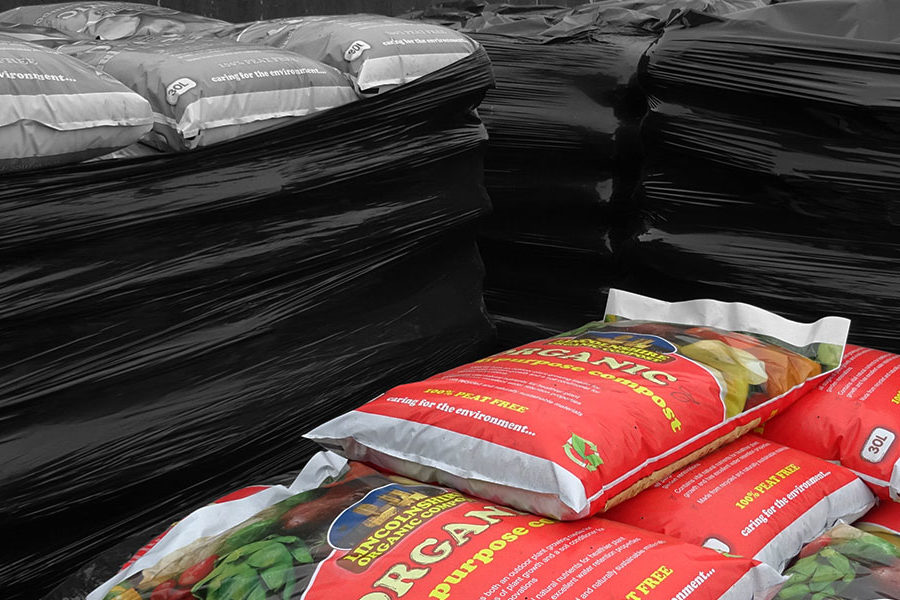 Ready for delivery throughout Lincolnshire
Ready for delivery throughout Lincolnshire
How do we produce Lincolnshire’s finest compost?
Firstly, the recycled material is delivered direct to site by local authority bin wagons. It is then checked, sorted and picked to ensure its clean prior to processing.
MEC Team
 Recycled waste delivered to site
Recycled waste delivered to site
The material is then put through a shredder to mix the material, reduce any lager pieces in size and increase the surface area, all of which is essential for a good composting process. Once shredded and there is enough material for a complete batch, it is formed into what is called a windrows where the compost process can begin. Each batch of compost is given a unique batch code which will stay with it throughout the process.
MEC Team
 Material is shredded
Material is shredded Shredded to reduce size
Shredded to reduce size
It remains in the windrows for the next 5 weeks in what’s called the actively managed phase, where it is routinely monitored for temperature and moisture. During this period millions of tiny micro organisms break down the material, which is the actual composting process. As a result the core of the windrows reach between 65 and 75 degrees centigrade which ensures the compost is sterilised
MEC Team
 Material is formed into Windrow
Material is formed into Windrow Where it remains for 5 weeks
Where it remains for 5 weeks
Continued…….
Once a week the windrows are turned using a specialist windrow turner to make sure all parts of the windrow have spend time in the core zone and reach the desired temperature. Turning also helps introduce oxygen into the windrows which is essential for the micro organisms and maximises the composting process.
MEC Team
 Compost is screened in various sizes
Compost is screened in various sizes
Continued…….
After the 5 weeks, the windrow is moved to a storage area where it matures for a further 3 weeks.
Once the compost has reached 8 weeks and providing it has met all the requirements of PAS100, it is now ready for the final process. This is simply to screen it into various grades ready for sale.
MEC Team
 Ready for delivery throughout Lincolnshire
Ready for delivery throughout Lincolnshire
All our compost is PAS100 & Quality Protocol assured. Each batch’s unique code allows it to be traced from start to finish. In addition to this, the compost is routinely sampled and tested by an approved Lab to ensure the highest quality product.
MEC Team
 Ready for delivery throughout Lincolnshire
Ready for delivery throughout Lincolnshire